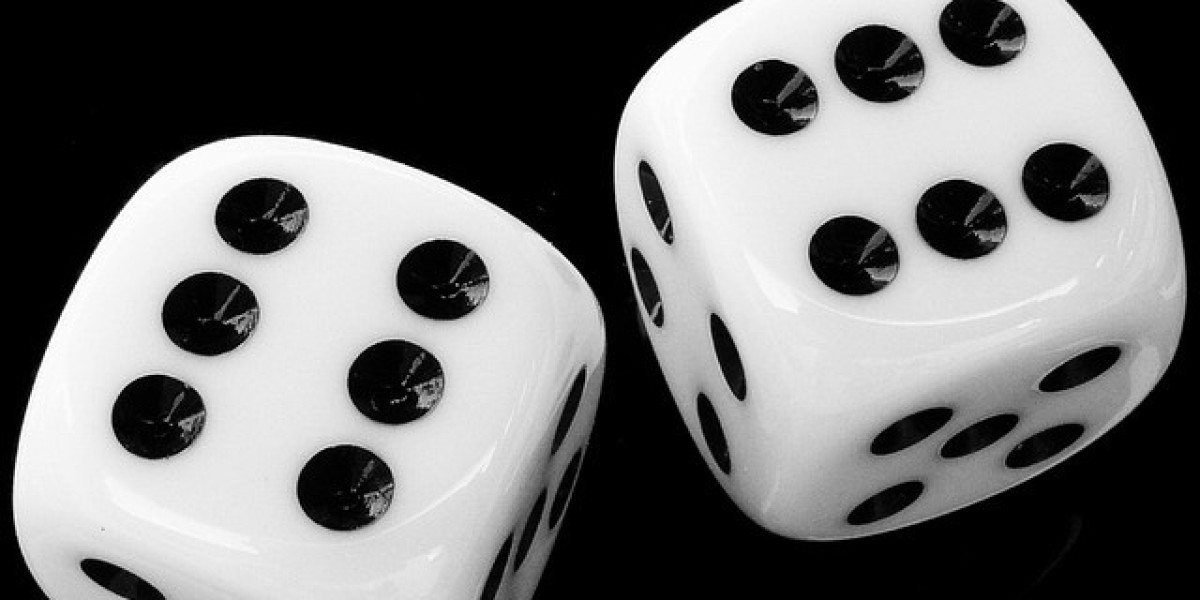This is particularly true for players who believe that a specific animal or a pet can influence their luck. For many, a pet is not just a form of entertainment; it is a reflection of a personal belief system, a sign from the universe, or a deeply held superstition. This belief can be found in players across the world, including in the diverse community at ng slots.
The Psychology of Lucky Animals
The belief in lucky animals is a form of cognitive bias, where a person attributes a random event to a specific, personal meaning. When a player wins after a pet performs a specific action, their brain reinforces that belief, making them more likely to use that action in the future. This is a classic example of confirmation bias, where a player focuses on the anecdotal evidence that supports their superstition while ignoring all evidence to the contrary. A study on this phenomenon showed that over 70% of gamblers reported having a lucky number they used during play.
The belief is often rooted in personal events. A birthday, a wedding anniversary, or a significant date in a person's life can all be seen as a source of luck. A player might believe that a number that has brought them joy in the past will bring them joy in the future. This belief is a powerful emotional tool that provides a sense of comfort and control in a world that is inherently unpredictable. In a game of pure chance, the feeling that you are playing with a number that has a special meaning can be a powerful motivator.
The Power of Belief
The power of a lucky animal is not in the animal itself, but in the player's belief that it holds a special power. The player's heightened sense of confidence can lead them to be more relaxed and focused, which, in turn, can improve their performance in skill-based games like poker or blackjack. While the animal itself does nothing to change the odds, the player’s belief in its power can influence their mental state and behavior. A study on this phenomenon showed that gamblers who reported a belief in lucky numbers were 22% more likely to report feeling confident before a game.
In the end, the belief in dream numbers and lucky dates is a testament to the human desire to find a pattern in chaos. It’s a reminder that sometimes, the biggest influence on a game is not the odds, but the player's own mind.








